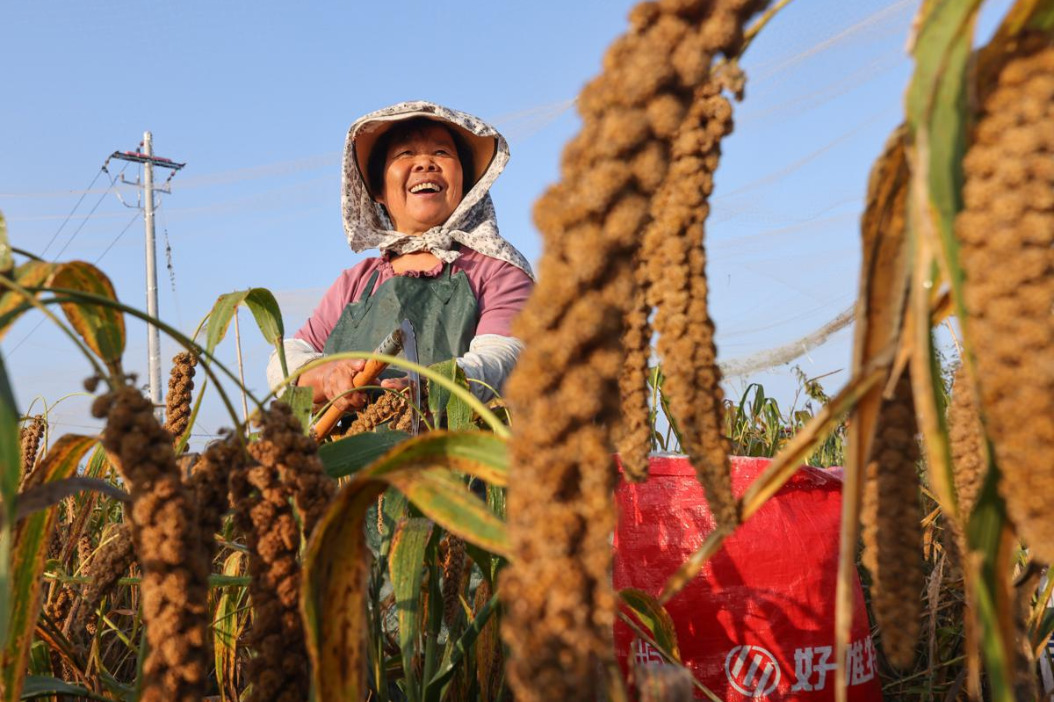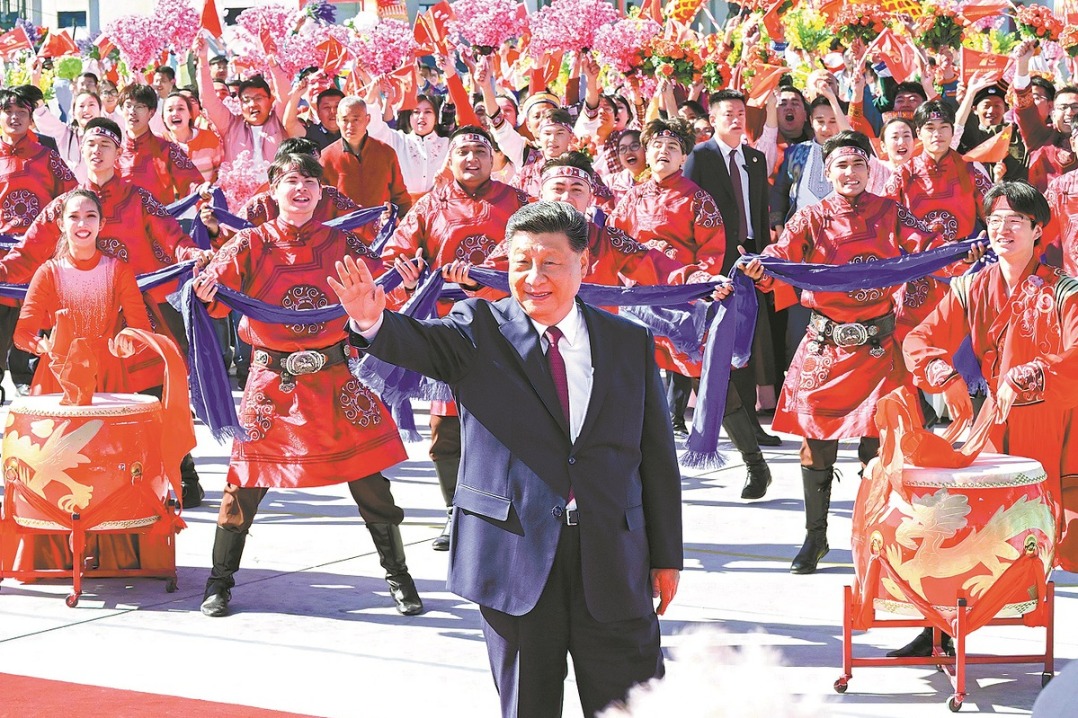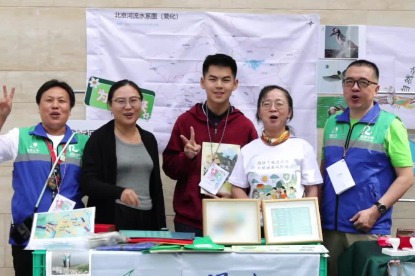Traditional medicine has key role in global scenario, SCO forum stresses

Officials and experts called for deepened international collaboration on traditional medicine, stressing its importance "amid the current global state of affairs where diseases pose daunting challenges for mankind".
The remarks were made at the Shanghai Cooperation Organization Forum on Traditional Medicine and Traditional Medicine Industry Conference 2025 in Nanchang, Jiangxi province, which concluded on Friday.
Fazeel Najeeb, the Maldives' ambassador to China, said traditional Chinese medicine had gained global recognition in recent decades, with many countries now regulating and licensing practitioners.
He said there are estimated to be hundreds of accredited TCM schools worldwide — particularly in North America, Europe and Australia — as well as thousands of licensed clinics. In the United States alone, he said, there are more than 100 accredited schools and hundreds of clinics offering acupuncture and herbal medicine.
Najeeb called for SCO member states and multilateral organizations such as the World Health Organization to work more closely together.
"Deepening international cooperation in the traditional medicine industry for win-win development is crucial," he said.
Huang Luqi, deputy director of China's National Administration of Traditional Chinese Medicine, described traditional medicine as a "key bond" within the SCO community.
He said that China has issued joint statements with nine countries, including Kyrgyzstan and Belarus, and that eight Chinese patent medicines were successfully registered in Belarus this month.
Huang urged member states to expand cooperation under the Belt and Road Initiative.
Cui Li, vice-chair of the SCO's Good-Neighborliness, Friendship and Cooperation Commission, said the forum had become an important platform for people-to-people exchange and health collaboration following the organization's Tianjin summit.
She proposed four initiatives: expanding TCM services across SCO member states, fostering innovation through exchange, training young practitioners, and embedding traditional medicine in global health governance.
The opening ceremony also marked the launch of a digital information-sharing platform on traditional medicine, which organizers described as a "key step" toward cooperation in the digital age.
Mohamed Ghassan Mohamed Adnan Shaikho, Bahrain's ambassador to China, outlined his country's efforts to integrate traditional medicine into its modern healthcare system. Bahrain, he added, looked forward to forging partnerships that could advance the development of traditional medicine.
"We must find ways to maintain this momentum, perhaps by creating channels for experts, regulators and practitioners to keep collaborating long after this forum concludes," he said.
Jiangxi Governor Ye Jianchun said in his speech that the province, designated a national pilot zone for TCM reform, has been advancing both healthcare and industry.
He said Jiangxi has built 25 national specialist centers, more than 2,200 institutions and a digital network linking urban and rural areas. The province aims to expand the sector to more than 150 billion yuan ($21 billion) by 2026.
Ye added that Jiangxi has attracted 66 SCO-related projects worth more than 38 billion yuan, and has established overseas TCM centers in countries including Bulgaria.
According to China's National Health Commission, acupuncture is now recognized in 113 World Health Organization member states, and TCM has spread to 196 countries and regions worldwide.
- Traditional medicine has key role in global scenario, SCO forum stresses
- China concludes 15th Arctic Ocean scientific expedition
- Global peace-loving representatives attend conference in Beijing
- Beidou technology revolutionizes daily life applications
- Former Shandong official given death sentence for taking bribes
- China unveils guideline to accelerate AI integration into transport sector




































